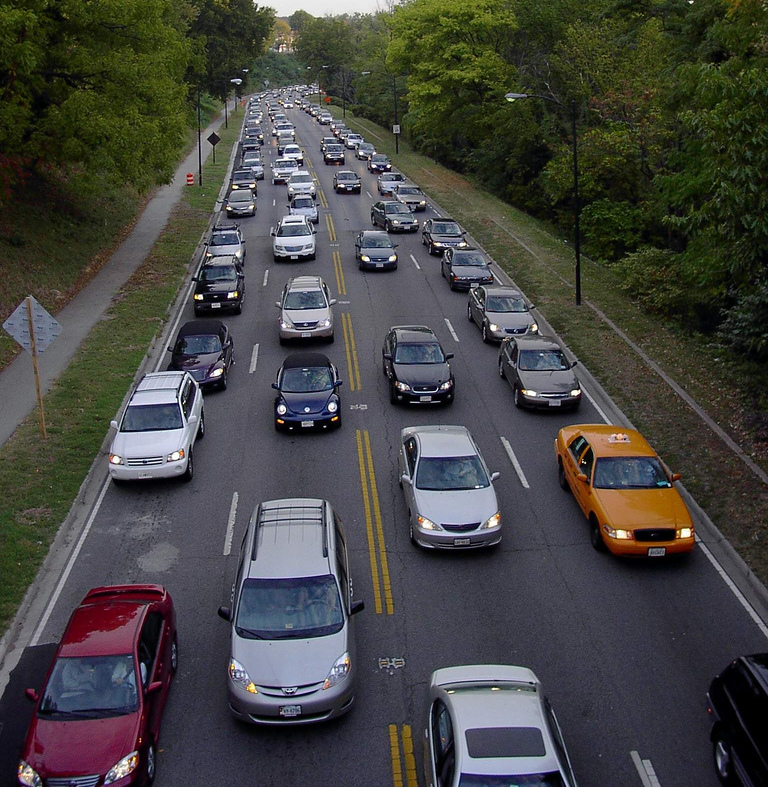Congestion charges aren't a new idea, but they're new to the United States as a means of controlling traffic gridlock. New York City will become the first to implement the practice and the latest city to consider a congestion fee is Philadelphia, according to an April 3 report from local NBC News affiliate NBC 10.
The report made it clear there is no plan to implement a congestion charge in the city right now, but Philadelphia city planners and local government will watch how New York City implements its congestion fee and weigh the pros and cons. Congestion tolls will begin in New York City, at the earliest, Dec. 31, 2020, and their funds will be used to fix the city's subway system. A final toll for the New York congestion charge isn't set, but an initial proposal looked at $12 per car and more for larger trucks, according to The Register-Mail. If successful, New York City should see a 13 percent reduction in traffic and revenues over $1 billion.

Rush hour traffic in Washington, D.C. (photo by Flickr user haddensavix)
A study by traffic analyst company INRIX ranked Philadelphia as the ninth most congested city in the United States this past February and congestion charges have proven effective to help ease gridlock and curb pollution in major cities. The INRIX experts estimated Philadelphia's congestion costs drivers $1,568 each and the city $3.3 billion total.
London is most famous for implementing a congestion charge for drivers entering the city. This month, the city began to charge older vehicles even more to reduce pollution.
Los Angeles is also interested in a potential congestion fee. The city may implement a trial in a small area that represents the busiest part of the city.